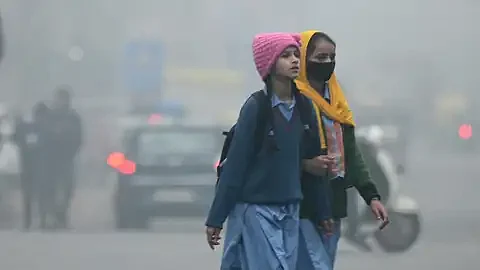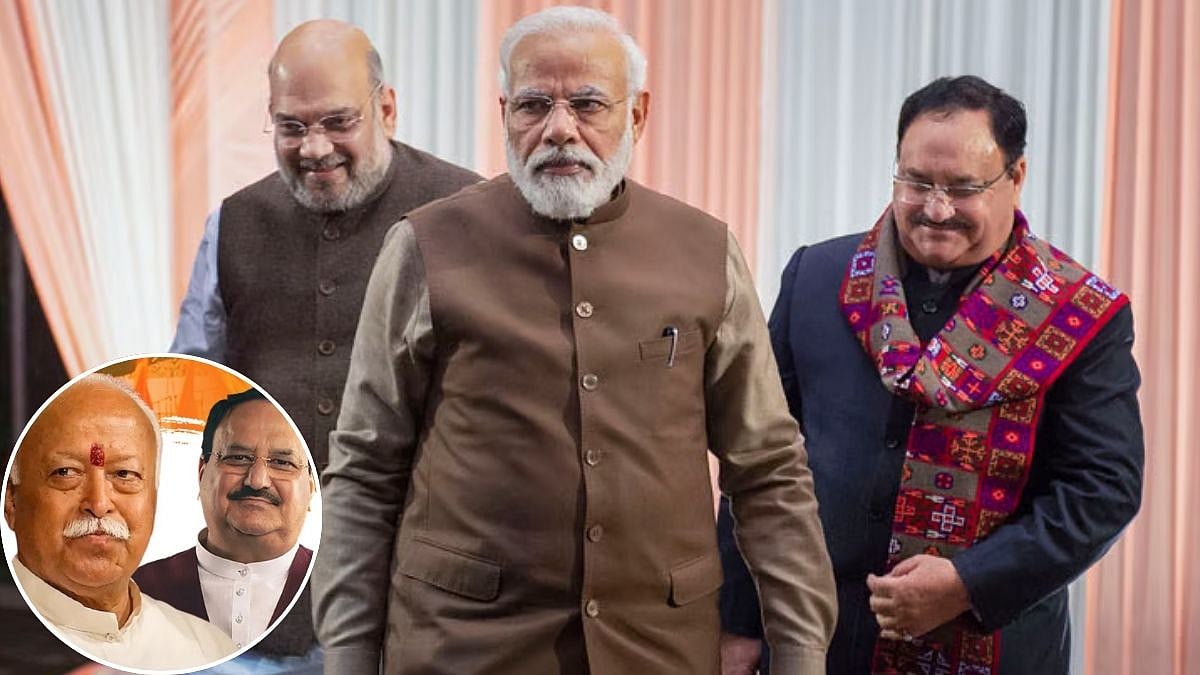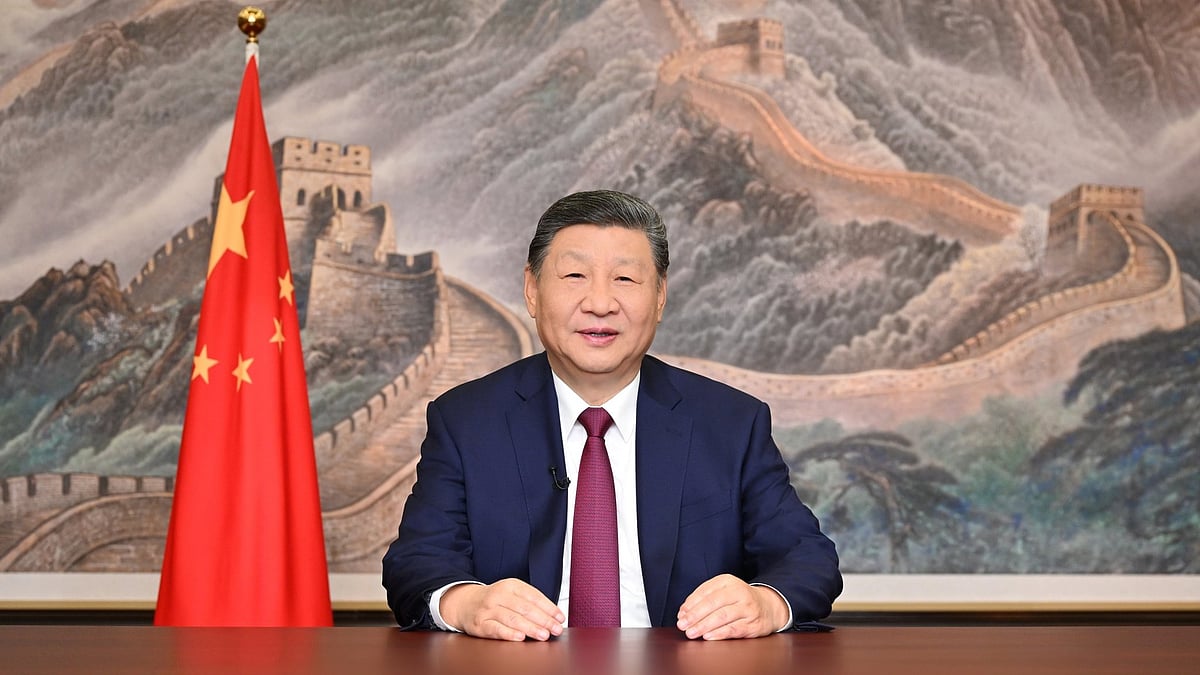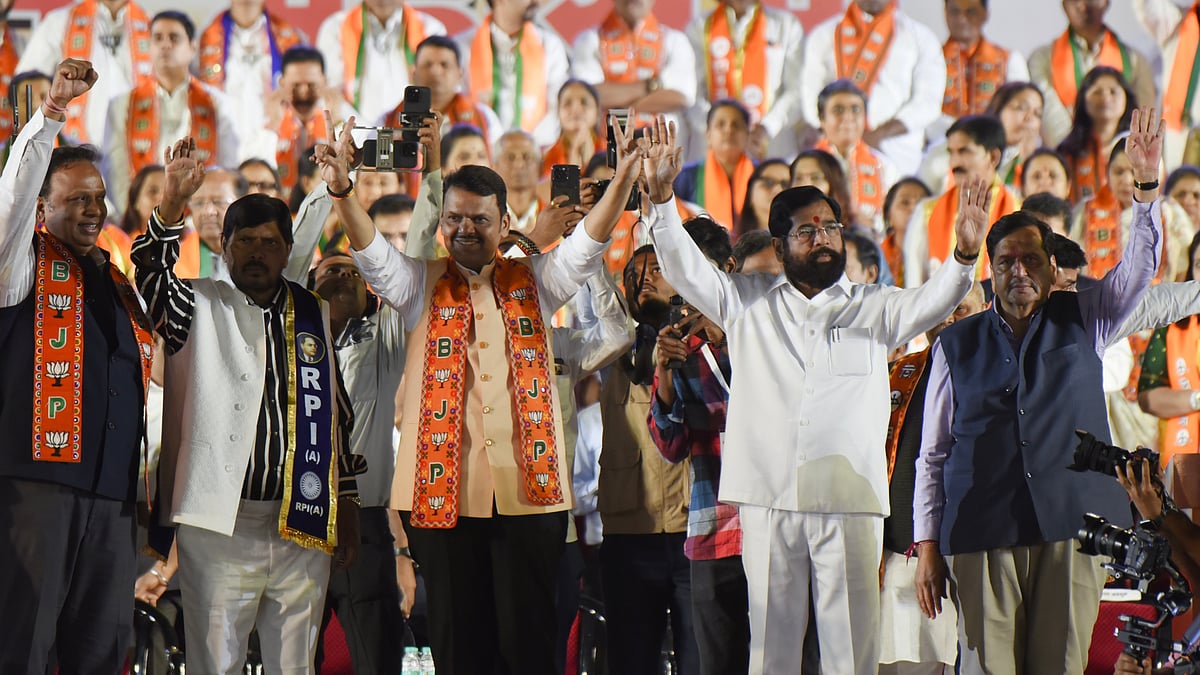More often than not, when cases of workplace sexual harassment make it to the news, they are from high-profile professions like films, fashion or media. But women in ordinary jobs, who are dependent on appraisals from male bosses, are the more vulnerable section—voiceless and powerless.
The #MeToo movement worldwide just scraped the tip of the iceberg when it offered women the social media as a space to vent about their experiences. However, a lot of the time, the persecution of women at work is just ignored by the so-called committees that are set up in most offices to deal with grievances by female staff. It needs a particularly enlightened management to take action against offending males. Women are resigned to it, or told not to make a fuss, so they have to put up with the routine aggravation of lewd jokes, teasing, groping and demands of sexual favours from male bosses. If the woman refuses, her career path can be strewn with obstacles.
Backlash for speaking up
In a new web series, Ladies & Gentlemen (Zee5), written and co-directed (with Mahmudul Islam) by Bangladesh’s much admired avante-garde filmmaker, Mostofa Sarwar Farooki, the protagonist Sabila Hossein (Tasnia Farin) has to face backlash when she decides to speak up against her boss.
Sabila, married to a deadbeat Arif (Mostafa Monwar) and looking after her dementia-afflicted father, is an aspiring fashion designer and also works as a dance instructor in a prestigious Performing Arts Centre. Her job is not yet permanent, in spite of her deserving a promotion and the decision is in the hands of the chairman, Khairul Alom (Afzal Hossain).
The boss also happens to be a celebrated poet, whom Sabila admires and helped in his campaign for election to the post. He is sympathetic to her situation, and asks her to prepare a presentation of her plans for the Centre, so that he can put her case forward to the committee. To prevent rivals in her department from knowing about this, she asks to see Khairul alone after office hours, and gets molested by him.
Wrong signals
Later, he apologises abjectly, saying he got the “wrong signal” when she asked to meet him alone. Since he seems genuinely contrite and begs for forgiveness, she lets the incident slide and does not even tell her husband. Khairul also gives her a loan for her father’s treatment, probably as a price for her silence. She finds out soon enough that she has been bypassed for the promotion and this time when he corners her in his office, the attack is more vicious—Sabila’s screams echo in the empty corridors, heard only by Khairul’s slimy secretary, Muzi.
She gathers up the courage to lodge a complaint with the Human Resources department, and is dissuaded from going to the cops. The investigation committee is predictably a farce—she is asked why she asked to see Khairul alone, why she was dressed provocatively in a sleeveless blouse. More importantly, she has no proof and no eyewitnesses to the incident. If there wasn’t a gallery of witnesses, does it mean the attack didn’t happen? she asks. The two representatives from women’s organisations, who are part of the committee, are supportive and promise to testify if she wants to go to court.
Sabila addresses a press conference and demands justice; her husband, who refuses to accompany her, is furious that the ‘whole world’ has come to know what happened. Khairul’s lawyer wants to talk about her lack of character, that in the past, a video of her smoking in public had gone viral but he nixes this tactic. Khairul’s public stance is that one malicious complaint should not derail a very significant movement for women’s rights, but to his wife and daughter, he says Sabila was being vengeful on her promotion being turned down.
Political pressure
In a telling sequence, Khairul’s wife who sits by his side in solidarity at the press conference—the daughter declines—gets up and moves to another table when they meet at a restaurant afterwards. At a very interesting point, when Khairul could be pitted against Sabila in court, and society’s prejudices come tumbling out, he is murdered and the series becomes a whodunit. Sabila is arrested as a suspect and vanishes from the narrative as cops (with CID vests) go bungling around trying to hunt for the killer, quite willing to pin it on an innocent man, if it would take the political pressure off their backs.
Before he is found dead in his office, the series does not go into Khairul’s past—does he have a history of exploitation, or is it just a one-off with Sabila, who ostensibly sent out signals he misread? He is in the habit of parking himself at a hotel, with the obsequious Muzi standing outside. There is no indication that he invites women there; he is seen eating and reluctantly accepting a drink from Muzi, because he cannot sleep!
The daughter’s sullenness is not explained, was there some misdemeanour in the past that she remembers and is still angry about?
Not stereotypical
Farooki does not make Khairul a stereotypical villain, who paws every hapless female employee—in fact, one of them vociferously vouches his decency to the press, recalling the time he insisted on a change of room when, during an outstation trip, she was given an adjoining room, with a connecting door.
It does not change the fact that he did take advantage of his position where Sabila was concerned. Because the writer-director does not take his ‘he said, she said’ plot to court, where Sabila would be mauled by a defence lawyer—no sign of trauma or injury, revenge motive, possible consensual sexual contact—the nuances of the issue do not emerge. In our country, rapists have been acquitted because the woman did not say ‘no’ loudly enough, or continued to party after the attack.
Even if a woman is willing to trade sexual favours for a promotion–undeserved or merited–a boss who accepts her advances is misusing his power. A woman who is preyed upon need not be a ‘type’ – either vulnerable or provocative; Sabila is neither, but Khairul thinks he can get away with his despicable behaviour. Sabila is asked if he raped her, and she denies that, but also adds that if rape did not occur, does that mean the assault did not happen? Mild spoiler coming up—Sabila wanted justice, she believes the murder of Khairul “freed him”. All it did was assuage the killer’s ego. The female-bonding ending is uplifting, however, making the many flaws of the series palatable.
Our society–and Bangladesh is not different from India–in the matter of misogyny–is always in a hurry to exonerate and rehabilitate the offender; not so kind to the victim, who goes through life with a taint following her forever. Then the clueless ask, why don’t women complain? Why do they speak up after so many years? For an answer, they just have to look inwards—at least once in their lives they must have smiled at and shaken hands with a predator; at least once they must have cast ‘sleeping her way’ aspersions on a woman who rose up the career ladder. No matter what the law says or does, society is quick to pass judgment... and not always the right one.
The writer is a Mumbai based columnist, critic and author









